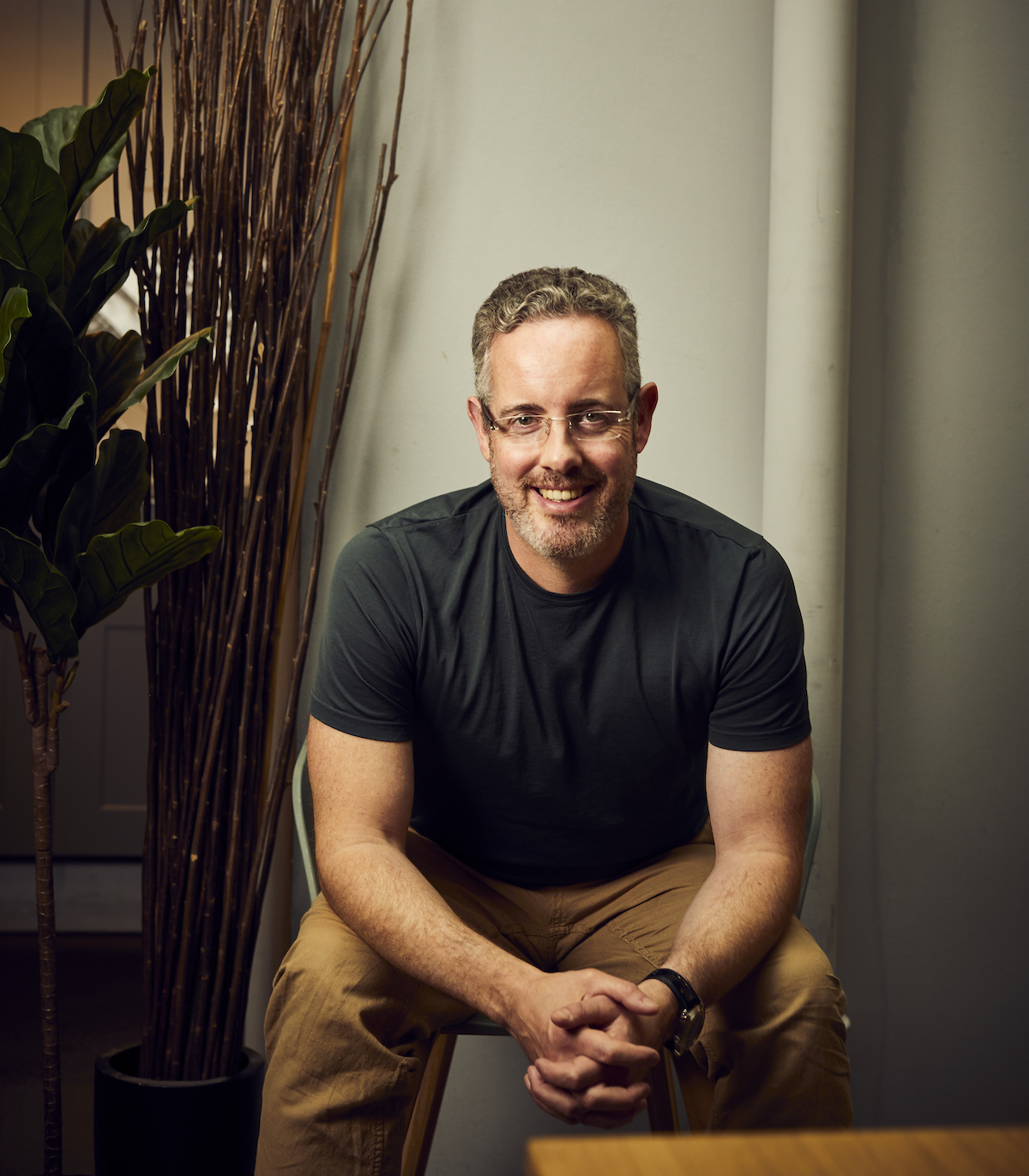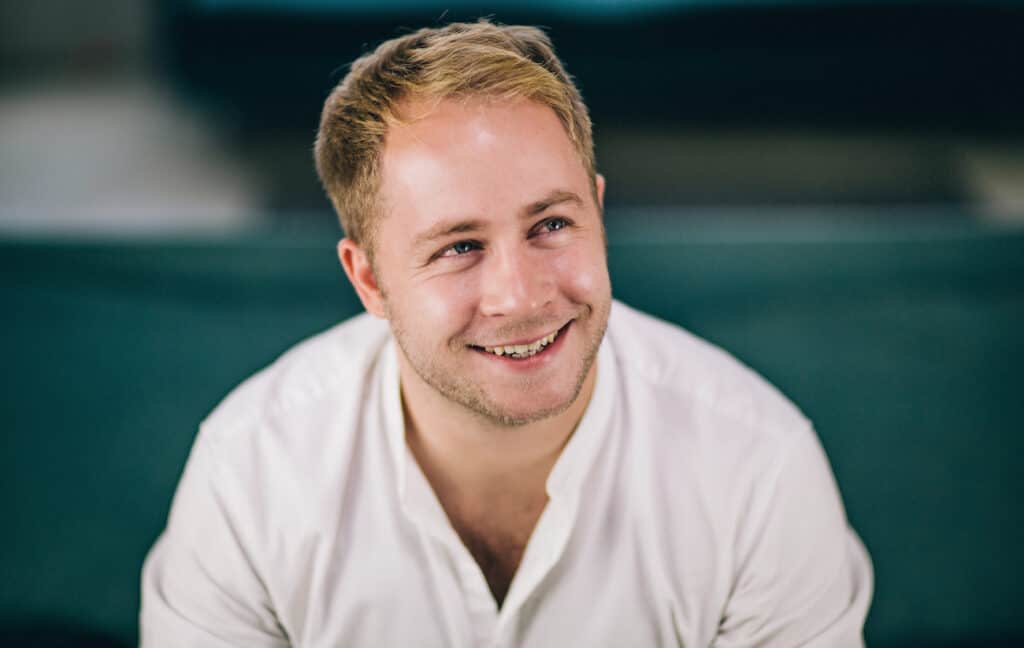Last updated on May 10, 2023
Find out what investors look for through our series of exclusive interviews with active angel investors.
Finding the right angel investors for your business is only half the battle. Understanding the key factors that investors consider when backing early-stage startups will give you the best chance of fundraising success.
So what do investors look for? Some focus on specific industries; others are generalist investors. Some want a speedy pathway to £100m ARR, while others back small-scale businesses and want to make an impact. Almost all investors look at the founding team.
We spoke to leading angel investors to find out the key factors they look for when deciding whether to invest. Here’s what they said:
Download our UK Angels 100 report for our list of the 100 most active UK angel investors.
“Is it Protectable?” Pam Garside, Cambridge Angels
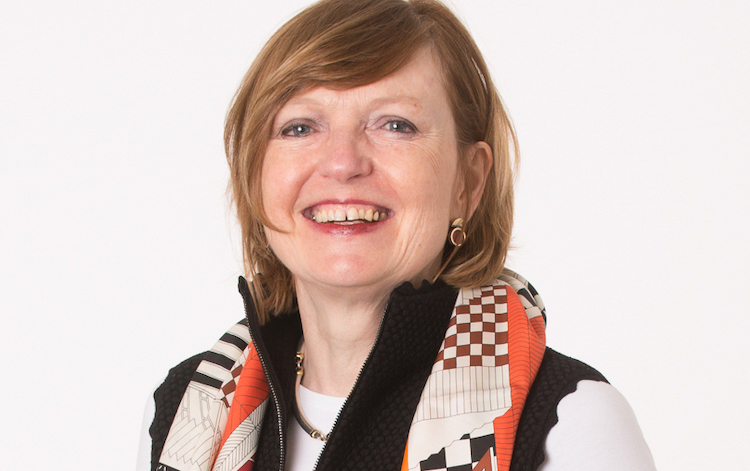
Pam Garside is the first woman Chair of Cambridge Angels and a management consultant, working in health care systems and digital health in the UK. She’s a Fellow of the University of Cambridge Judge Business School, a member of the investment committee of Cambridge Enterprise, and the Founder and Chair of the Cambridge Health Network. She invests in early-stage health tech startups with ticket sizes of £10k-£25k mostly in the UK. Her UK investments include Accurx, Kheiron Medical, LVNDR Health, MediShout, Sanome, Vinehealth, and Wellframe.
“I often ask: Is it protectable? For instance, there are a lot of mental health, menopause, and fertility apps founded by very driven people who’ve suffered with these issues in the past, but some are not very protectable. What’s to stop someone else coming in and doing the same thing?
“Ultimately, the founder is the most important thing and I like founders with passion and commitment who talk about their future plans, including a path to exit. Then, I look at tech that solves a simple but widespread problem. A lot of healthcare companies want to go first to the NHS, then to the US, and I look for realism in their expectations. Both are tough. Going to the US is not easy and founders need to move their operations there, so if they’re naive about it, it’s a turn off.”
“It’s All About the Founder.” Nigel Morris
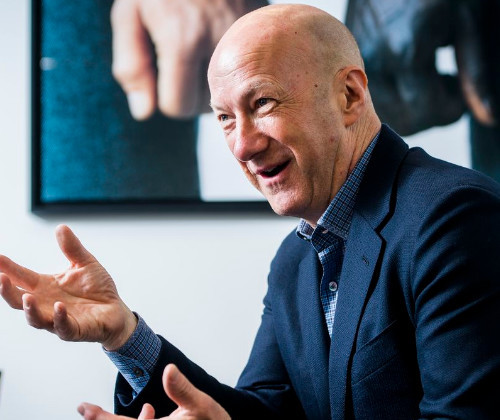
During his time as a senior executive at global advertising company, Dentsu (previously, Aegis), Nigel Morris headed up Americas and EMEA, CSR, strategy and innovation, and founded the creative agency, Isobar (now Dentsu Creative). Today, he’s Chair The Upside and Investis Digital. He is a board director at LandVault and Gyana, and was a non-exec at Guardian Media Group for 10 years. He’s also President of Working Options in Education. Nigel invests mostly in technology, data, and media startups.
“It’s all about the founder. What’s driving them? Do they listen? Are they reflective? Are they adaptable and flexible? I like to work with young founders who are building companies with purpose.
“Some founders are just too in love with their ideas that they’re willing to jump off a cliff for them. Many are great product people, but they don’t have the resilience or scrappiness of entrepreneurs. I want founders who have a good framework for an idea, but are on a wider mission and can adapt to the way the market changes. My key question is, ‘Why are you doing this?’. I’m much less interested in the ‘what’.”
“You Have to Deliver Something Beneficial For Society.” Greg Jackson, Octopus Energy
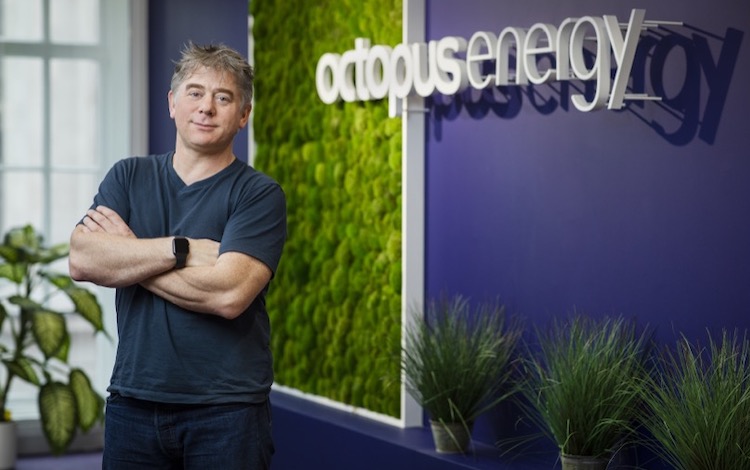
Greg Jackson is the Founder & CEO of Octopus Energy Group and an active angel investor. Greg is a serial entrepreneur and founded ecommerce company, C360. He’s also NED of peer-to-peer lender, Zopa. His angel investments include Altruistiq and Consultant Connect.
“A business needs to pay its way and make a return for investors, but I’m not interested in that on its own; I want something beneficial for society. For me, that’s the filter. Working with startups that bring value for society is a personal decision, but it’s also rational. In the long run, things that accrue value in society are more likely to accrue value for investors.
“Founders should always be honest and focus on what they’re passionate about because that will get you through the hard times. When raising money, you need to find investors that are aligned with your business and bring more than just money to the table – that can make a phenomenal difference.”
“I Want Someone Who’s Commercially-Minded.” Simon Franks, Redbus Ventures
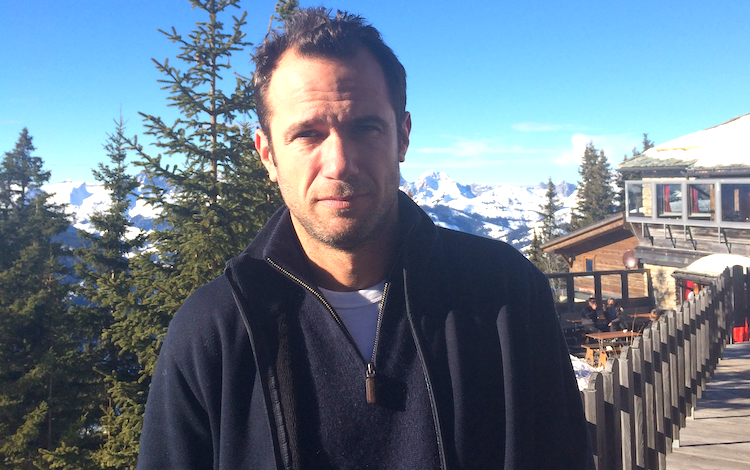
Simon Franks sold his first business for $42m when he was still in his 20s. He then co-founded LoveFilm, with Alex Chesterman, before selling to Amazon for £200m in 2011. Now, Simon and the team at Redbus Ventures invest in high-potential B2B SaaS and consumer tech startups and manage a portfolio of over 70 companies mostly in the UK.
“I want someone who is commercially-minded; who understands their business’ economics, knows about the competition, and is absolutely precise about the amount of money they’re raising and where it will get them. We need to stop thinking of founders as inventors. Yes, the digital world allows us to invent, but the best inventions need great business people behind them to make them a commercial success.
“For the business, I want to understand the use case and be able to put myself in the mind of the consumer. I’m not looking to invest in science-based companies working on unproven engineering capabilities; I want a business that I can intuitively understand, that has taken a clever piece of software we know works and commercialised it. If you come with an idea that’s plausible, then it’s all about the person and I hone in on that.”
“I Want SaaS Businesses That Are Going to Scale to £100m ARR.” Simon Blakey
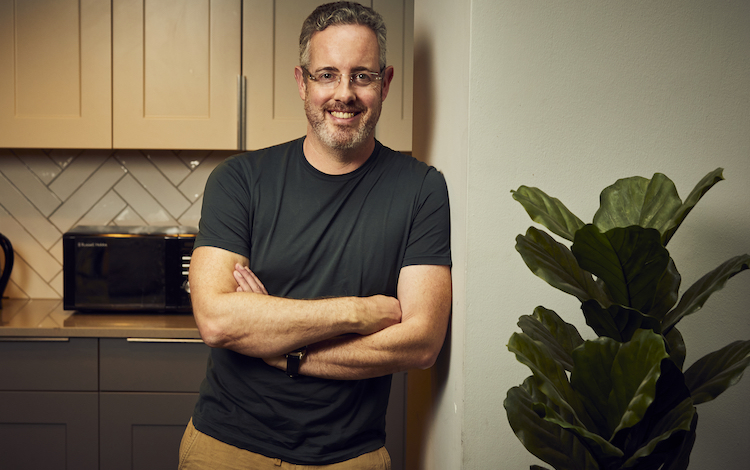
Simon Blakey invests alongside his brother, Michael, under Avonmore Developments. He’s a member of Cambridge Angels, Chair of the Investment Committee at Playfair Capital, and sits on the investment committee of the Angel CoFund. Simon focuses mostly on early-stage B2B SaaS and deep tech startups, with ticket sizes of £50k-£100k. His current UK investments include Aerocloud Systems, Chattermill, Continuum, Epoch Biodesign, Kaui, Permutive, Reposit, Shop Circle, Ventrata, Vinehealth, Worldr, and Xampla.
“I always ask myself: Is it a need-to-have or a nice-to-have? Is it a feature or a platform? Is the market they’re going for big enough? Are there already lots of well-funded businesses in their space?
“I want SaaS businesses that are going to scale to that £100m ARR and I look for platform technologies rather than features that might be built by a competitor. If you’re selling to overworked senior management in a larger business, you also need to be going after a critical pain point. You need to offer something ten times better and cheaper than what they’re already using.
“Then when someone comes to pitch me, I’m thinking: Do they have domain expertise? Have they done their research? Have they done more than just build a nice pitch deck; spoken to customers or built an MVP?”
“The Valuation Has to Make Sense For the Stage of the Business.” Andrew J Scott, 7percent Ventures
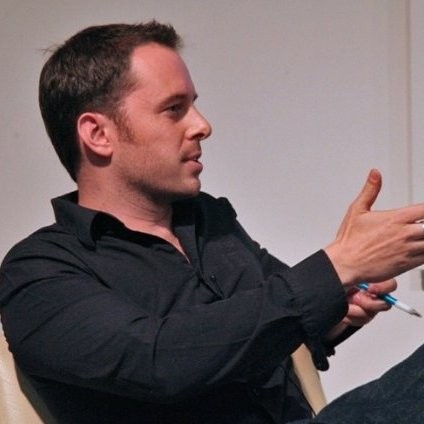
Andrew J Scott is the Founding Partner of 7percent Ventures and has founded six startups, including Playtxt and Rummble. He’s an LP at Entrepreneur First and a Producer and Screenwriter. He’s made over 50 angel investments, including CharlieHR, Magic Pony Technology, NumberEight, and SO-SURE. Ticket sizes range from £5k-£50k.
“The best companies double or triple in value and raise every 12-18 months, so you need to justify how you can double or triple your valuation with the money you raise in a similar timeframe. If you value your business at £20m and you’re raising just £1m, you’re unlikely to double or triple your valuation to £40-£60m with £1m in capital. If you’re raising £3m on a £10m valuation, that makes more sense.
“You should expect to give away 10%-30% each round, depending on how ‘hot’ your company is. How ‘hot’ is based on many things from sector, to market size, to your traction to-date. But your biggest leverage is how many investors want to invest. If you ask for silly valuations that aren’t based on market norms, you’re starting on the back foot. How much you raise is decided by how much the market expects you to need to get to your next major inflection point and how good a salesperson you are to give investors the confidence to invest.
“Terms aside, I look for founders with a big vision that I can get behind. You need to understand the person and what’s driving them, and see examples of things they’ve already done that demonstrate their ambition to deliver on that vision, no matter what.”
“You Need to Highlight Resilience, Innovation, and Adaptability.” Charles Delingpole, ComplyAdvantage

Charles Delingpole is the Founder & Exec Chair of ComplyAdvantage. He’s the Co-Founder of MarketFinance (now, Kriya) and The Student Room Group, which he started at age 16. He invests in AI, B2B SaaS, and fintech startups with ticket sizes of £10k-£50k. His UK investments include Causaly, Codat, Credit Kudos, Epoch Biodesign, Golden, Vauban, Sylvera, and Wearepercent.com.
“Investors have become more cautious. Entrepreneurs need to highlight their resilience, innovation, and adaptability. I look for a strong founding team, a scalable business model, competitive advantage, and market potential.
“The business should have a unique value proposition or a competitive advantage that sets it apart from its competitors and should operate in a large and growing market with significant demand for its products or services. The team behind the business should have relevant experience, skills, and a track record of success.”
“You Need Drive and Tenacity.” Jordan Dargue, Women Angels of the North
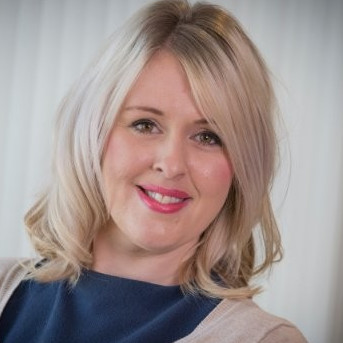
Jordan Dargue is the Co-Founder of Fund Her North and the angel syndicate, Women Angels of the North. She’s also CIO & Board Director at not-for-profit early stage investment firm, NorthInvest. Jordan is also an angel investor and invests in early-stage SaaS, pet tech, and health tech startups.
“I look for founders I can build a relationship with; who have the drive, tenacity, and resilience you need as an entrepreneur. Next, it’s the market opportunity. I’ve got to understand there is an opportunity and how the business is going to reach it. Are they solving a market wide problem? What they’re doing also has to align with my knowledge and experience so I can bring value. And I want to see a comprehensive plan around how they’re going to grow their business.
“The investment landscape is becoming more and more competitive, there are many fantastic opportunities for investors, but the companies that are thriving are those to invest in, because they’re the ones who’ve been able to pivot, overcome challenges, and show resilience.”
Download our UK Angels 100 report for more insider advice and discover the 100 most active UK angel investors.
 All Posts
All Posts